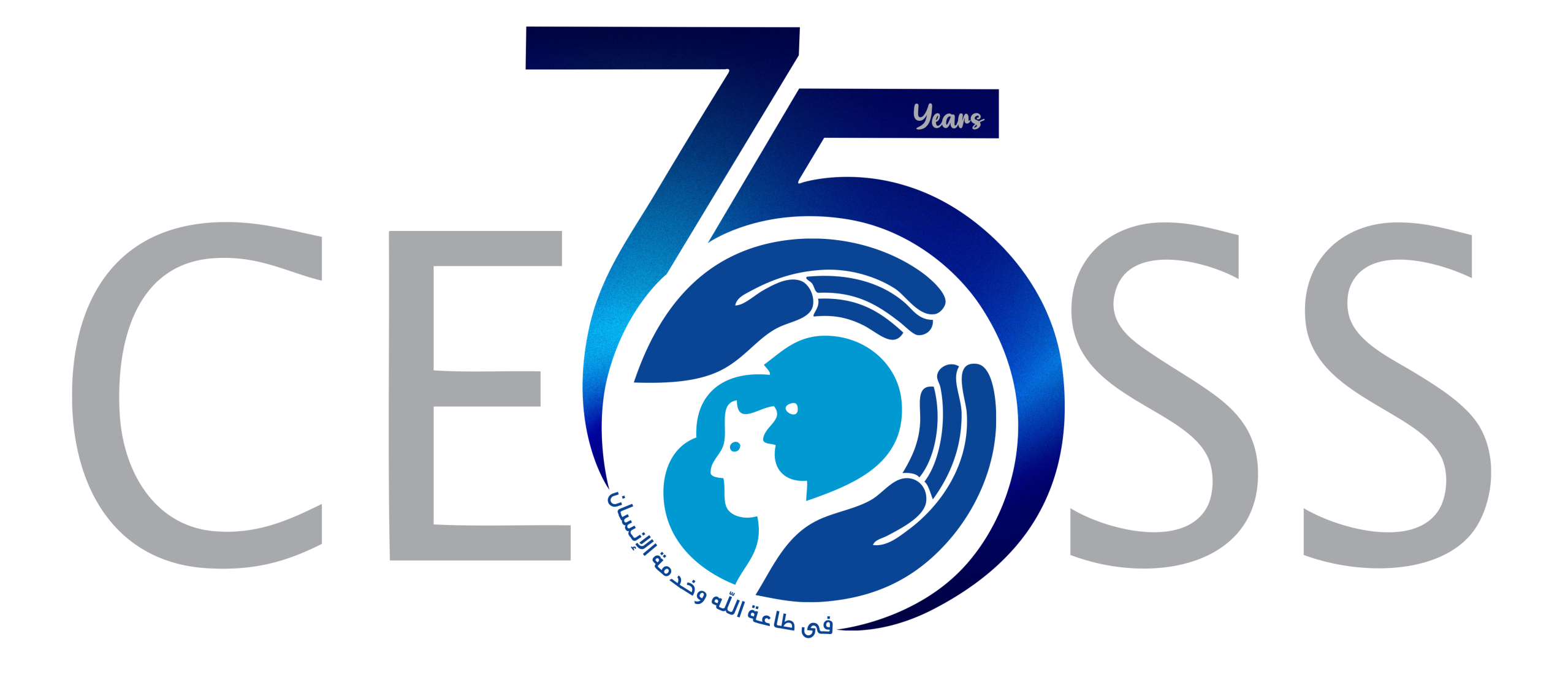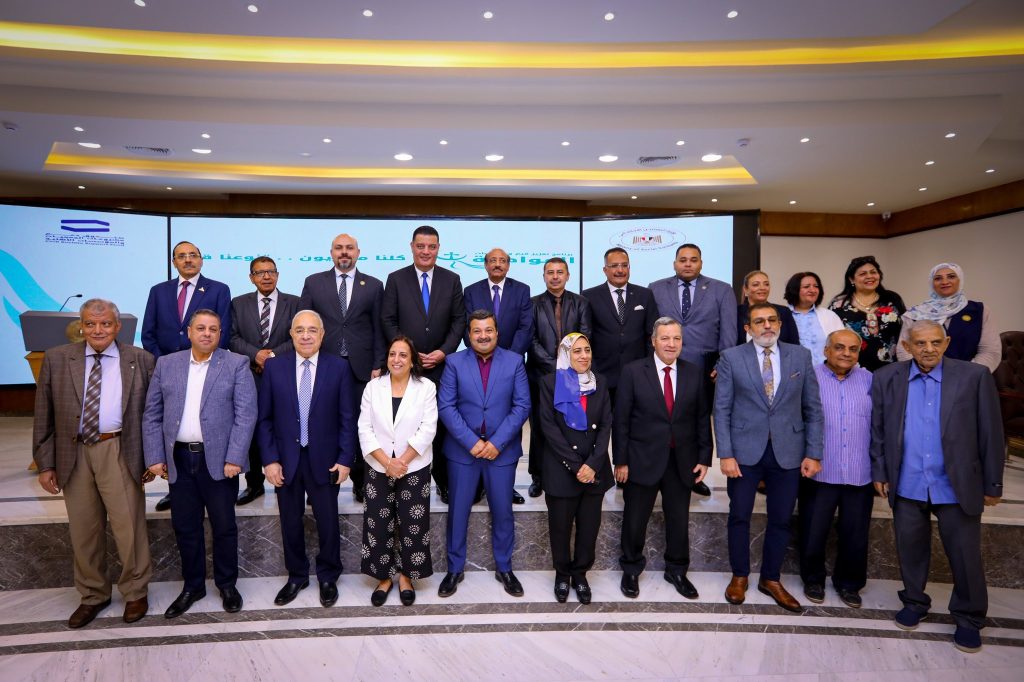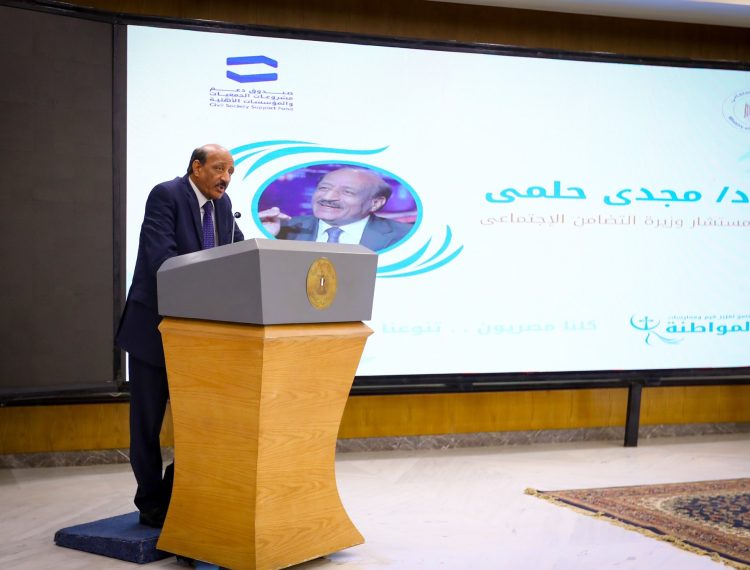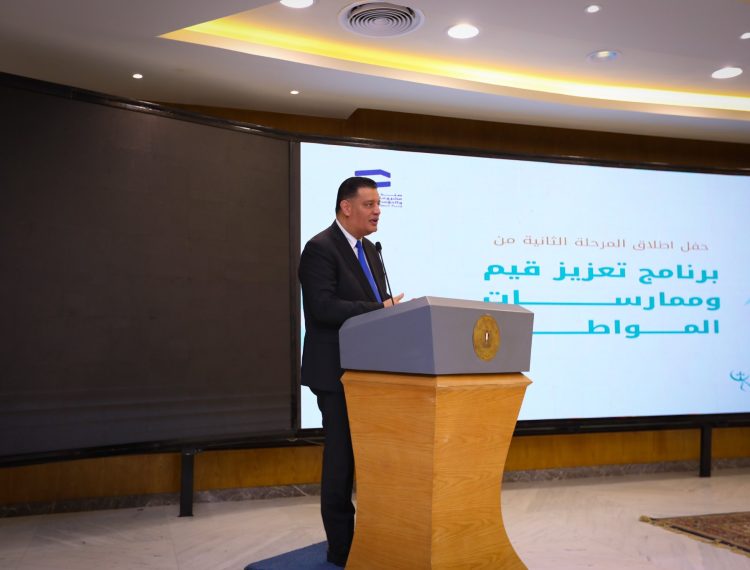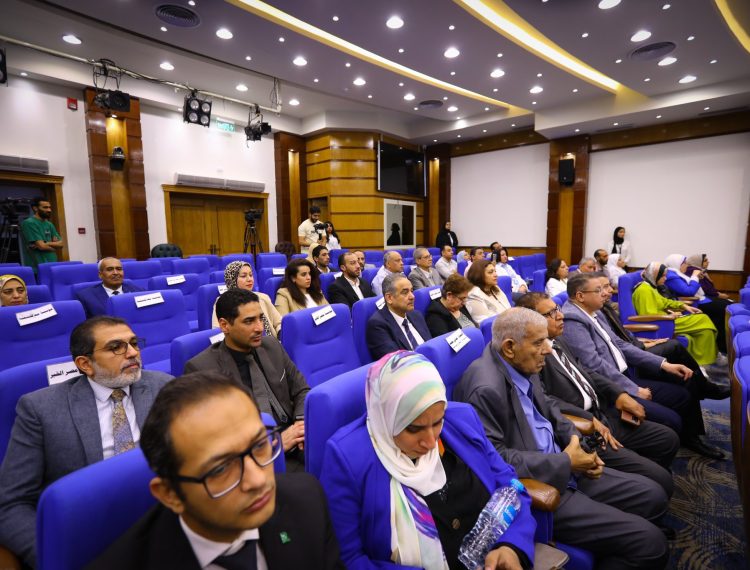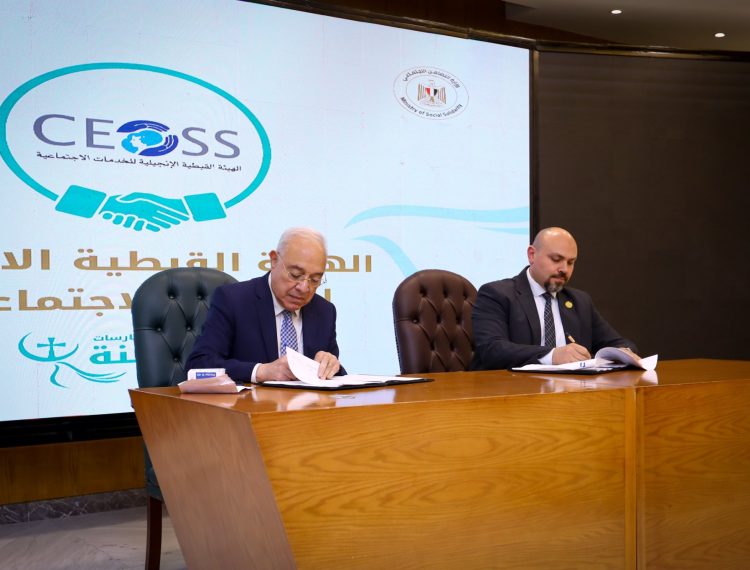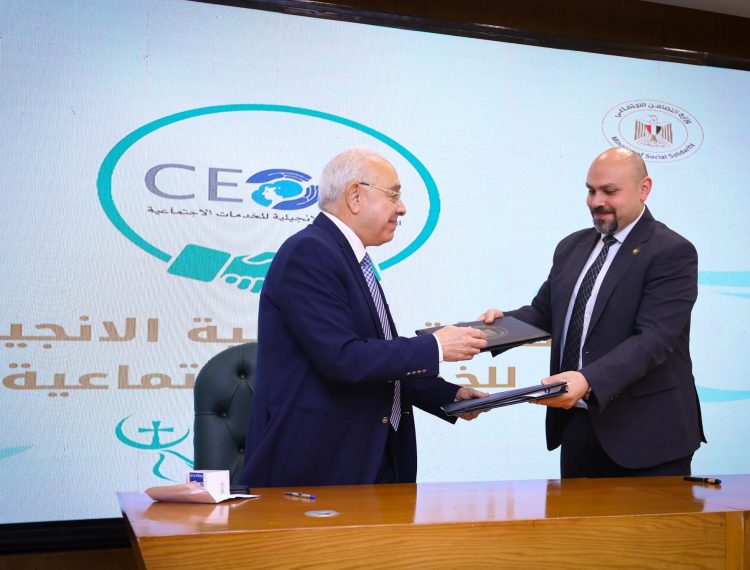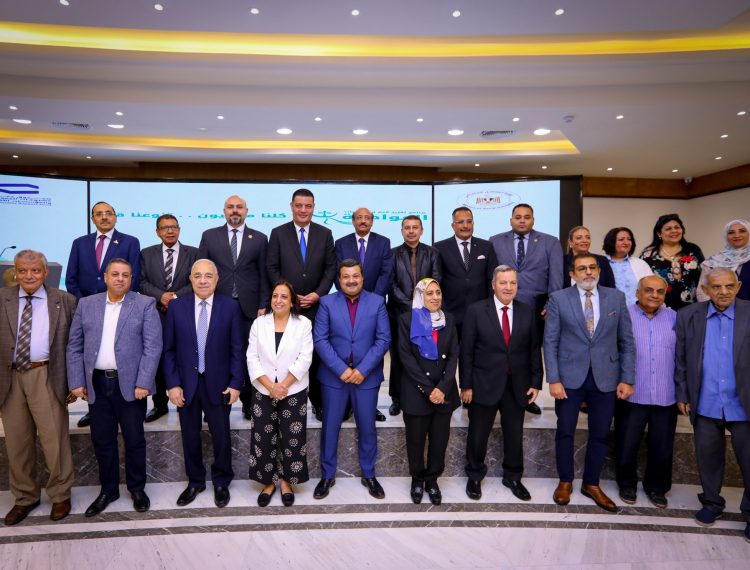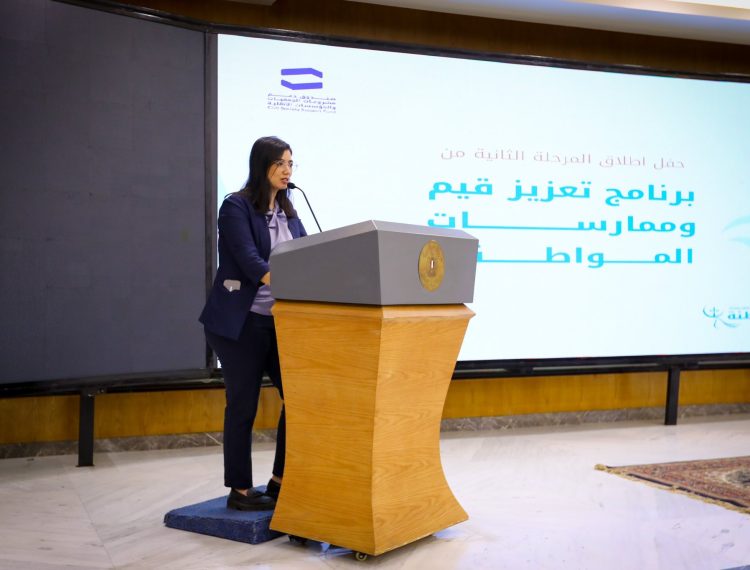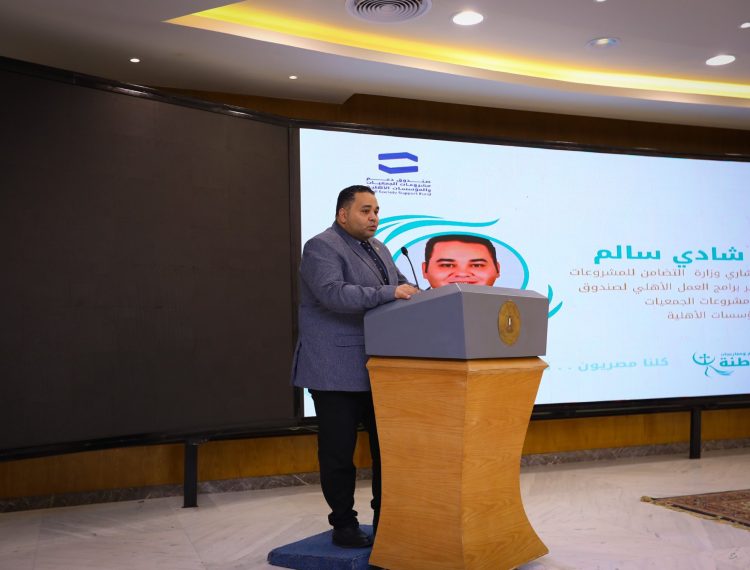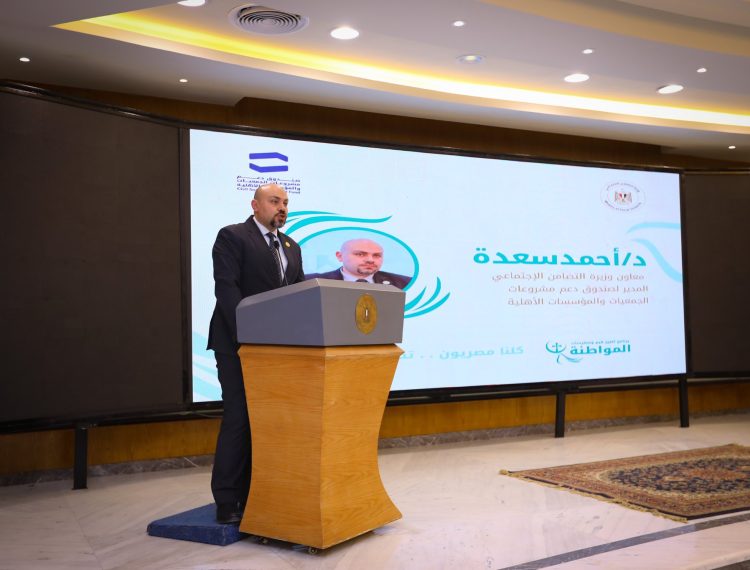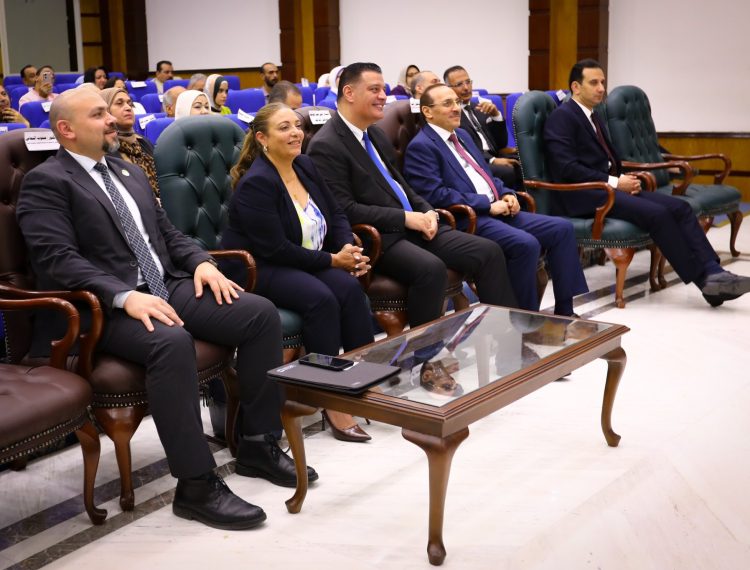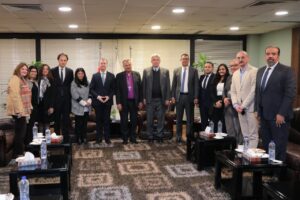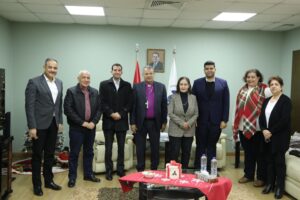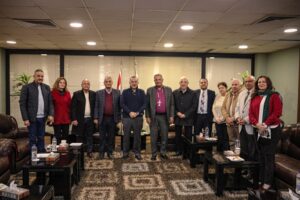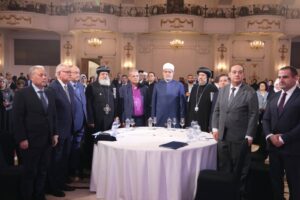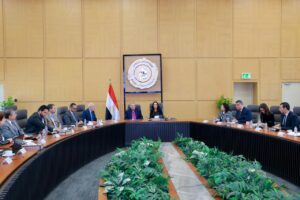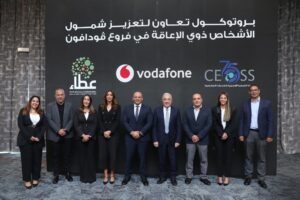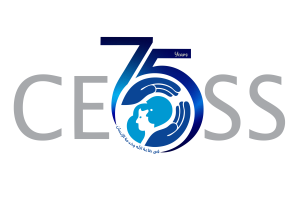CEOSS Launches “Promoting Citizenship Values and Practices” Project in Minya with Funding from the Civil Society Organizations Support Fund
The Coptic Evangelical Organization for Social Services (CEOSS) has launched the project titled “Promoting Citizenship Values and Practices” in Minya Governorate, generously funded by the Civil Society Organizations Support Fund affiliated with the Ministry of Social Solidarity. The launch was marked by the presence of senior officials from both the Ministry and CEOSS.
A formal cooperation protocol was signed between CEOSS, represented by Mr. Momtaz Beshay, Vice President of the Organization, on behalf of Rev. Dr. Andrea Zaki, President of the Evangelical Community in Egypt and President of CEOSS, and the Civil Society Organizations Support Fund, represented by Dr. Ahmed Saada, Executive Director of the Fund. The signing ceremony was attended by Dr. Ayman Abdel Mawgoud, Permanent Undersecretary of the Ministry of Social Solidarity, along with a number of ministry officials.
From CEOSS, the event was attended by Ms. Heba Yousry, Director of Dialogue Programs; Ms. Susan Sedky, Director of Upper Egypt Development Sites; and Mr. Rafik Nagy, Director of Lower Egypt Development Sites.
The project targets five villages in Minya Governorate: Saft Al-Laban, Tohna El-Gabal, Beni Mahdy, Ismailia, and Al-Amoudain. It aims to implement comprehensive community activities that promote citizenship and peaceful coexistence, reaching over 1,000 families and directly benefiting around 6,500 individuals. Beneficiaries include religious leaders, teachers, social workers, community committee members, children, youth, and women.
Mr. Momtaz Beshay stated:
“This project reflects CEOSS’s deep commitment to building cohesive communities founded on respect for diversity and positive participation. We believe that promoting a culture of citizenship is not merely a theoretical concept—it is a daily practice that manifests in education, media, and community engagement.”
He added that the project will adopt several strategies, including building the capacities of civil society organizations and community committees, training local leaders—especially women, youth, and religious figures—and institutionalizing the culture of citizenship within schools and community centers. Interactive tools such as art and sports will also be employed to create safe spaces for dialogue and knowledge exchange.
The project will further facilitate communication channels between citizens and government officials to raise local development issues and seek sustainable solutions. It will also feature economic and social interventions aimed at raising awareness of rights and available opportunities, with a particular focus on environmental and health issues such as climate change and eye diseases.
